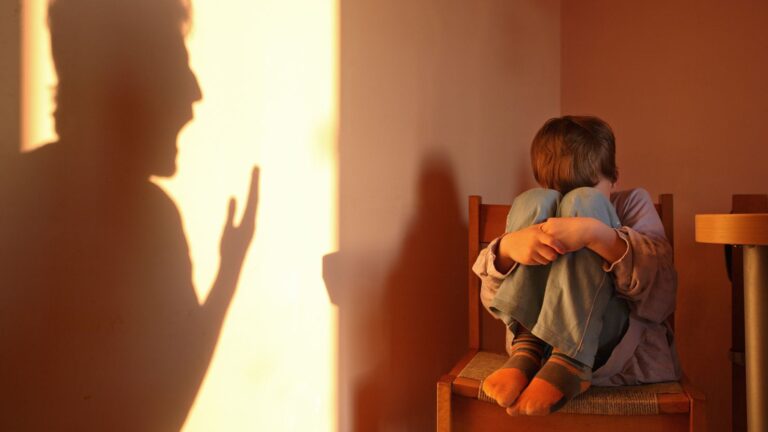Child abuse laws in California protect children from physical, mental, and sexual damage. The state recognizes Act breaches as a problem and provides a legal foundation for fighting family-related and institutional abuse. Everyone needs to know these laws because of the tough penalties faced by people who breach them, either as perpetrators or victims.
Overview of Child Abuse Law of California
- The California child abuse laws encompass various forms of abuse, including physical assault, emotional trauma, neglect, and sexual exploitation.
- These laws concern both parents and different people who are taking care of the child.
- It is unlawful for any of them to injure a child or to neglect to shield the child from being damaged.
- Persons convicted of child abuse in California are liable to fines and imprisonment depending on the level of the offense.
Moreover, the mandatory reporting system is another distinctive feature of California’s Child Abuse laws. As by law, educators, physicians, nurses, and social workers must report suspected child abuse. If they fail to report child abuse, the law allows penalties against the mandated reporter.
Domestic Abuse and Child Endangerment Law
California has severe domestic abuse child endangerment laws that safeguard children in homes experiencing domestic violence. In case a child is abused or a witness of domestic violence, the offender may be charged with other crimes of endangering children.Therefore, this law protects children from physical, emotional trauma, mental abuse, and domestic violence penalties.
High Profile Case and Advocacy
The case of child abuse laws accumulated significant attention when Paris Hilton child abuse law advocacy became a public issue. Hilton campaigned for state legislative changes to safeguard children in institutions after being abused in boarding schools. As a result, she has encouraged discussions of further modifications and led to better laws against child abuse in California.
Penalties Under California Child Abuse Law
Child abuse in California may result in a misdemeanor or a criminal palanties, depending on the circumstances. Additionally, the sentences may range from one to six years, with additional penalties for serious cases. Regarding the degree of the crime, the repeaters or those involved in a sexual abuse case can be given imprisoned life. In addition, child abuse laws in California lead to the loss of child custody or visitation rights, Thus, it shows long-term association between the child and the offender. As a result, the courts protect the child and take drastic action to prevent the child from being abused.
The California child abuse laws are a critical part of the state’s efforts to safeguard little people. Additionally, most of these laws have intended strick legal repercussions for those who engage in child abuse and create awareness to reduce these consequences. Awareness of legal issues to create safe environments for children and understanding advocacy movements can encourage change in California. So, stay updated about the policies and law of child protection.

